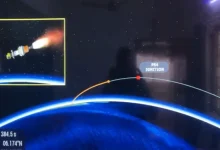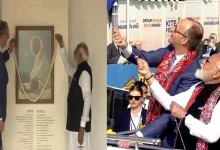NCERT’s Partition Module Attributes Responsibility to Congress, Jinnah and Mountbatten, Sparks Political Row
The new NCERT content for Partition Horrors Remembrance Day assigns blame to Jinnah, the Congress, and Lord Mountbatten while underlining the human tragedy of 1947.
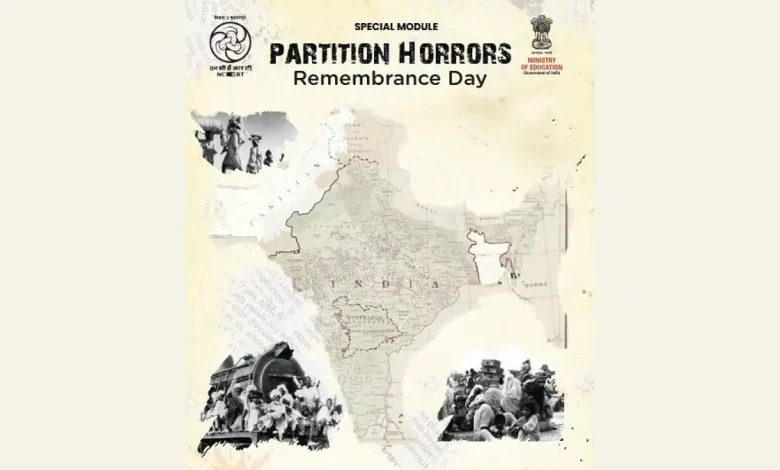
To mark Partition Horrors Remembrance Day, the National Council of Educational Research and Training (NCERT) has rolled out a fresh module for schools that provides a broader narrative on the division of India. The content stresses that Partition was not the outcome of a single decision but the result of actions taken by three major figures: Muhammad Ali Jinnah, who demanded Partition; the Congress, which accepted it; and Lord Mountbatten, who implemented it.
The module states: “India was ultimately divided on August 15, 1947. But this was not the work of one person alone. Jinnah demanded it, the Congress accepted it, and Mountbatten carried it out.”
It further links the fallout of Partition to the longstanding conflict in Kashmir, noting that the issue has been consistently exploited by foreign powers to exert strategic influence over India.
Separate versions of the module have been prepared for Classes 6–8 and Classes 9–12, described as supplementary learning resources beyond the standard NCERT textbooks.
Congress Condemns NCERT’s Portrayal
The revised narrative has drawn sharp criticism from the Congress. Party spokesperson Pawan Khera lashed out at NCERT’s framing of events, declaring: “Burn this document, because it does not tell the truth.”
“इस किताब को आग लगा दो अगर इसमें हिंदू महासभा और मुस्लिम लीग की सांठगांठ का ज़िक्र नहीं है।”
— Rashmi INC भारतीय (@Rashmi22302711) August 16, 2025
अंग्रेज़ी हुकूमत का मुखबिरी करने वाला गिरोह-RSS#NCERT में पन्ने भले ही जोड़ लिए हों, #BJP अपने इतिहास के 1938, 1940, 1942 जैसे काले अध्यायों को मिटा नहीं सकती।@Pawankhera जी pic.twitter.com/BlAxQkRZvk
Mountbatten Under Fire for “Hasty” Power Transfer
Significantly, the NCERT material singles out Lord Mountbatten’s role, calling him responsible for a “major blunder” in rushing the transfer of power. Mountbatten pushed the timeline forward from June 1948 to August 1947, leaving little time for adequate preparation.
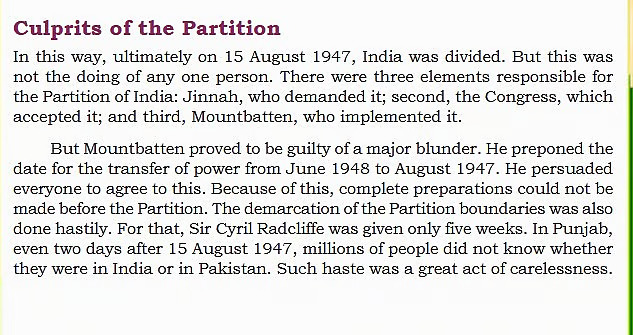
The text underlines that Sir Cyril Radcliffe, tasked with drawing the boundary, was given only five weeks, leading to severe confusion. In regions like Punjab, millions remained uncertain even two days after Independence about whether they were now in India or Pakistan. The module brands this hurried demarcation as “gross negligence” that worsened the chaos and bloodshed of Partition.
Jinnah’s 1940 Lahore Resolution Spotlighted
The document also revisits the 1940 Lahore Resolution, where Muhammad Ali Jinnah argued that Hindus and Muslims were fundamentally different communities, with separate social, cultural, and philosophical foundations.
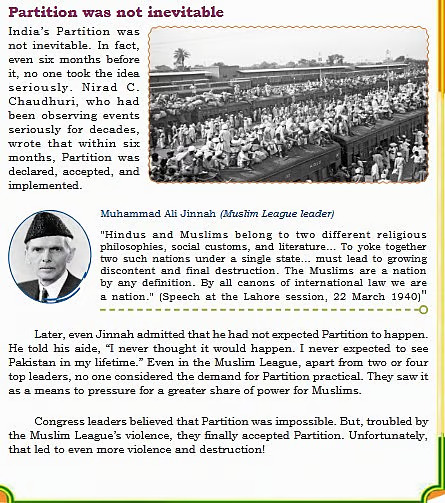
It notes that while the British had initially suggested dominion status to keep India united, the Congress rejected the proposal.
Divided Opinions Within Congress
The module explores differing viewpoints of Congress leaders before Partition. It quotes Sardar Vallabhbhai Patel, who believed the situation had deteriorated to such an extent that Partition was preferable to the outbreak of a civil war, describing the atmosphere as a “battlefield.”

Mahatma Gandhi, however, remained opposed to Partition. The document stresses that while Gandhi disagreed with dividing the country, he refused to oppose the Congress’s acceptance through violent means.
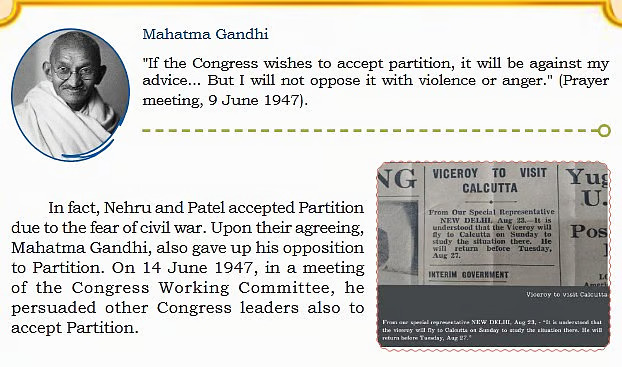
Eventually, both Jawaharlal Nehru and Patel conceded to Partition. On June 14, 1947, Gandhi himself is said to have persuaded the Congress Working Committee to approve the decision, marking a crucial turning point.
The Human Tragedy of Partition
The NCERT module portrays Partition as the largest migration in recorded history, in which more than six lakh people were killed amid widespread communal violence. Millions were uprooted, forced to live as refugees, and faced unimaginable suffering. Women bore especially brutal ordeals, with many subjected to atrocities so severe that some chose death to preserve their dignity.
Stressing that the catastrophe was not a natural disaster but a man-made calamity, the module depicts Partition as an event of unparalleled human suffering that remains etched in history.

